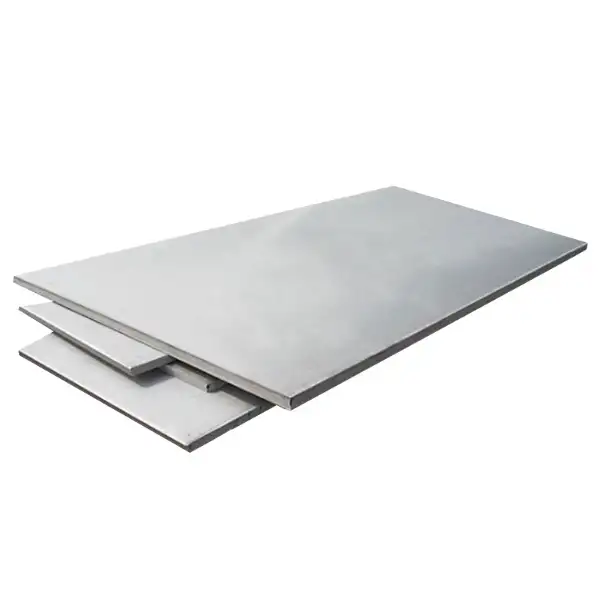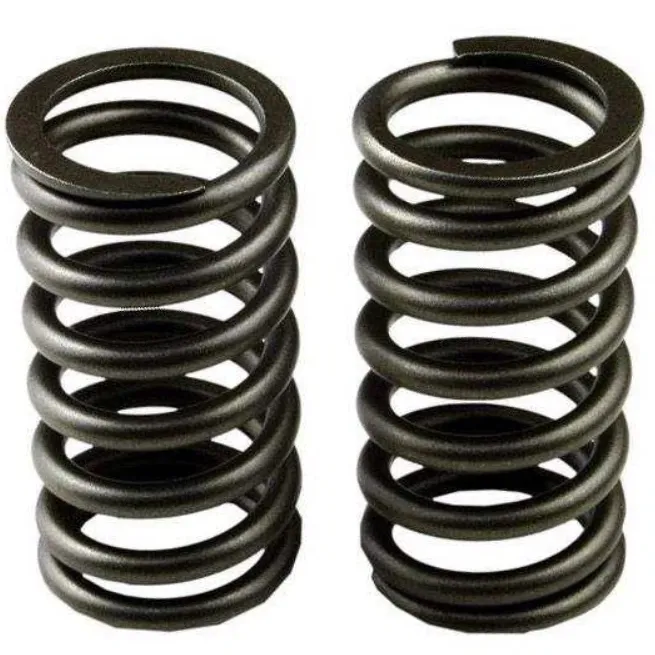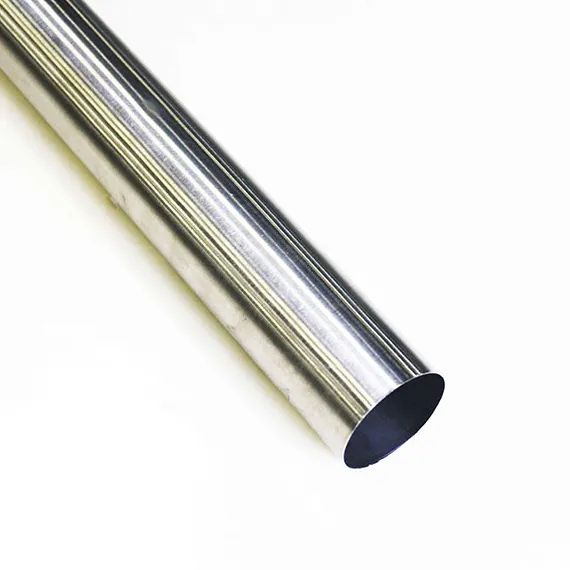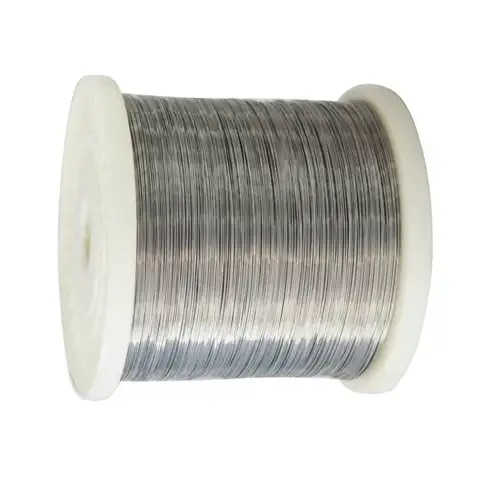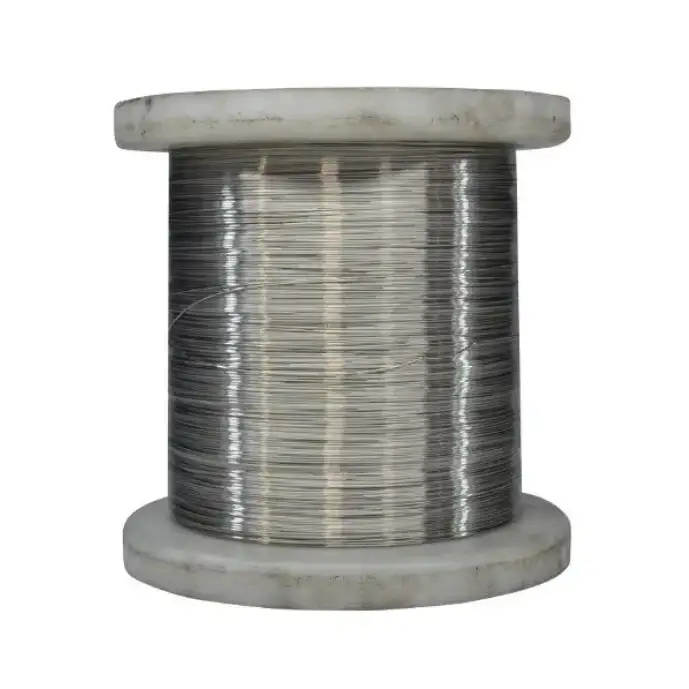Inconel® Alloy 718 Sheet is a high-performance, nickel-chromium-based superalloy known for its exceptional strength, corrosion resistance, and outstanding weldability—even in extreme environments such as aerospace, nuclear, marine, and energy sectors. At MWalloys, we manufacture and supply Inconel 718 Sheets to meet the demanding needs of engineers and procurement managers across global industries. Whether it’s for cryogenic storage vessels or jet engine components, our sheets offer consistent mechanical stability and longevity.
What is Inconel 718 Sheet
Inconel 718 (UNS N07718 / W. Nr. 2.4668) is a precipitation-hardenable alloy with a precise balance of nickel, chromium, and iron. It exhibits remarkable tensile, fatigue, and creep-rupture strength from -253°C to 700°C, making it indispensable for high-pressure and high-heat environments. What truly sets this alloy apart is its exceptional weldability and the ability to be fabricated into intricate shapes without compromising mechanical integrity.
Unlike other superalloys that require frequent annealing or post-processing to retain toughness, Inconel 718 maintains its performance with minimal post-weld heat treatment.
Standard Overview & Key Properties
*(Inconel 718 / UNS N07718 / W.Nr. 2.4668)*
| Parameter | Specification | Key Notes |
|---|---|---|
| Scope | Precipitation-hardened Ni-Cr-Fe alloy sheets for extreme environments (-253°C to 704°C) | Superior creep resistance up to 650°C |
| Conflict Priority | 1. Purchase Order > 2. Product Spec > 3. ASTM/AMS Standards | Mandatory tests include hydrostatic, ultrasonic |
| Unit Systems | • Imperial (ASTM B670) • Metric (ASTM B670M) • ⚠️ Mixing units voids compliance |
Metric sheets use "Alloy 718" designation |
| Key Advantages | • High-Temp Strength: 1240 MPa tensile at 704°C • Corrosion Resistance: Excellent in H₂S, chlorides • Weldability: No post-weld cracking |
Avoids stress-corrosion cracking in sour gas |
Chemical Composition
(Weight %, Max Unless Noted)
| Element | Inconel 718 | Inconel 625 | Haynes 282 | Role in Alloy 718 |
|---|---|---|---|---|
| Ni | 50–55 | ≥58 | - | Austenite matrix stability |
| Cr | 17–21 | 20–23 | 19–21 | Oxidation resistance |
| Nb+Ta | 4.75–5.50 | 3.15–4.15 | – | Primary strengthening (γ″ phase) |
| Mo | 2.80–3.30 | 8.0–10.0 | 8.0–10.0 | Solid-solution strengthening |
| Ti | 0.65–1.15 | ≤0.40 | 2.0–2.4 | Secondary precipitation (γ′ phase) |
| Fe | Balance | ≤5.0 | ≤1.5 | Cost reduction |
| C | ≤0.08 | ≤0.10 | 0.05–0.10 | Controls carbide formation |
💡 Critical Insight: Alloy 718’s niobium-rich γ″ phase enables superior weldability vs. Ti/Al-hardened superalloys (e.g., Inconel 740) .
Mechanical Properties
(Sheet/Plate, Solution Annealed + Aged)
| Property | Alloy 718 | Inconel 625 | Test Standard | Temperature |
|---|---|---|---|---|
| Tensile Strength | 1240 MPa (180 ksi) | 830 MPa (120 ksi) | ASTM E8/E8M | 20°C (68°F) |
| Yield Strength (0.2%) | 1030 MPa (149 ksi) | 410 MPa (60 ksi) | ASTM E8/E8M | 20°C (68°F) |
| Elongation | 12% | 30% | ASTM E8/E8M | 20°C (68°F) |
| Hardness | 40–45 HRC | 90 HRB | ASTM E18 | – |
| Creep Rupture Strength | 480 MPa (70 ksi) | 220 MPa (32 ksi) | ASTM E139 | 650°C (1202°F) |
| Fatigue Strength | 550 MPa (80 ksi) | 380 MPa (55 ksi) | ASTM E466 | 538°C (1000°F) |
Dimensional Tolerances & Common Sizes
(Per ASTM B670 & AMS 5596)
Sheet/Plate Thickness Tolerances
| Thickness Range | Width ≤ 600mm | Width > 600mm | Critical Notes |
|---|---|---|---|
| 0.5–3.0 mm (0.02–0.12") | ±0.05 mm | ±0.08 mm | Aerospace sheets require ±0.03 mm |
| 3.1–10.0 mm (0.12–0.4") | ±0.10 mm | ±0.15 mm | |
| 10.1–50.0 mm (0.4–2") | ±0.15 mm | ±0.20 mm |
Standard Sheet Sizes & Weights
| Thickness | Width | Length | Weight (kg/m²) | Typical Applications |
|---|---|---|---|---|
| 1.0 mm (0.04") | 600–1200 mm | 2000–3000 mm | 8.24 | Heat exchangers, shielding |
| 3.0 mm (0.12") | 1000–1500 mm | 2500–6000 mm | 24.72 | Aerospace ducting, liners |
| 6.0 mm (0.24") | 1500–2000 mm | 3000–6000 mm | 49.44 | Combustion chambers |
| 12.7 mm (0.5") | 1500–2500 mm | 3000–6000 mm | 104.65 | Structural components |
| 25.4 mm (1.0") | 1000–2000 mm | 2000–4000 mm | 209.30 | Turbine casings, high-stress parts |
⚖️ Weight Formula:
Metric:Weight (kg) = Length (m) × Width (m) × Thickness (mm) × 8.24
Imperial:Weight (lb) = Length (ft) × Width (ft) × Thickness (in) × 13.42
Processing & Fabrication Guidelines
| Aspect | Specification |
|---|---|
| Heat Treatment | Solution annealing: 955–980°C (1750–1800°F) + rapid cooling; Aging: 720°C/8h → 620°C/8h, air cool |
| Machining | Low-speed cutting (<30 m/min) with carbide tools; High-pressure coolant to reduce work hardening |
| Welding | TIG/GTAW preferred; Use ERNiFeCr-2 filler; Pre-cleaning mandatory (no S/P contaminants) |
| Surface Finish | Mill finish (No. 1), polished (Ra ≤0.8μm), or blasted (for thermal spray adhesion) |
| Cutting | Laser/waterjet for thickness <25mm; Plasma for >25mm (requires edge grinding to remove HAZ) |
Global Grade Equivalents & Applications
| Standard | Grade Designation | Key Application Differences |
|---|---|---|
| UNS | N07718 | Aerospace fasteners, turbine blades (identical to ASTM) |
| DIN | 2.4668 | Petrochemical reactors (stricter Nb control) |
| GB/T | GH4169 | Chinese aerospace; Often has wider P/S tolerances (±0.005%) |
| JIS | NCF 718 | Japanese power plants; Requires -196°C impact testing |
| AMS | 5596 (Sheet) | Aerospace sheets; Mandates ultrasonic inspection for flaws |
💡 Procurement Tip: For nuclear/oil-gas projects, specify NACE MR0175 compliance to ensure H₂S resistance.
Quality & Certification Requirements
-
Mill Test Reports (MTRs): Must include heat analysis, mechanical tests, heat treatment records, and NACE certs if applicable.
-
Surface Defects: Scratches ≤0.05mm depth allowed; Deeper defects require grinding within thickness tolerance.
-
Trace Elements: B ≤0.006%, Mg ≤0.01% (critical for weld zone integrity).
-
Third-Party Inspection: Mandatory for aerospace (e.g., NADCAP) and sour service (NACE Level II).
Corrosion Resistance Capabilities
What makes Inconel 718 especially valuable is its:
-
Resistance to chloride-ion stress corrosion cracking (SCC).
-
Excellent oxidation resistance up to 1000°C.
-
Strong resistance to pitting and crevice corrosion.
In sea-level atmospheric conditions and acidic media, the alloy remains virtually unscathed. According to the U.S. Naval Research Laboratory, Inconel 718 demonstrates less than 0.1 mm/year corrosion rate in synthetic seawater environments.
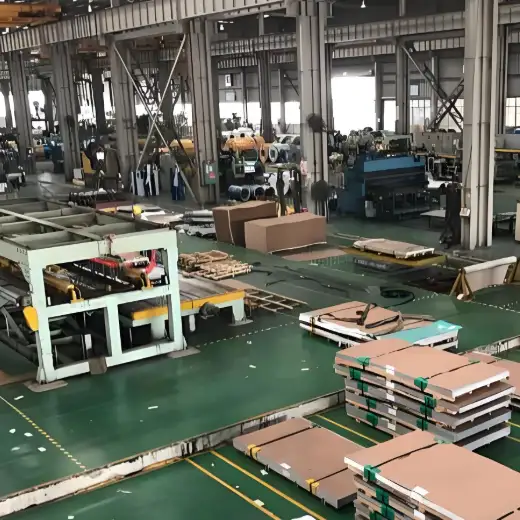
Applications Across Industries
Inconel 718 Sheet is the material of choice in extreme environments:
| Industry | Application Example |
|---|---|
| Aerospace | Turbine discs, engine casings |
| Oil & Gas | Wellhead equipment, downhole tools |
| Nuclear | Reactor core components |
| Marine | Submersible vehicle parts, exhaust ducts |
| Automotive | Turbocharger parts |
| Energy & Power | Steam generators, heat exchangers |
Its dual-phase strengthening (γ' + γ″) allows for prolonged use under thermal cycling.
Global Market Price Comparison Table (2025)
| Region | Price (USD/kg) | Lead Time | Certifications |
|---|---|---|---|
| China | $65 – $80 | 15–25 days | ISO 9001, ASTM B670 |
| United States | $90 – $120 | 25–40 days | AMS 5596, NACE MR0175 |
| Germany | $100 – $130 | 30–45 days | EN 10204 3.1, ASME SB-670 |
| India | $75 – $95 | 20–35 days | PED 2014/68/EU |
Data Source: MWalloys Market Insight Report Q2 2025.
Quality Standards & Certifications
Our Inconel 718 Sheets comply with:
-
ASTM B670
-
AMS 5596 / 5597
-
ASME SB-670
-
ISO 9001:2015
-
NORSOK M650 (for offshore use)
-
NADCAP (Heat Treating – available upon request)
All batches come with EN 10204 3.1 Mill Test Certificates.
Packaging, Handling, and Logistics
-
Seaworthy wooden crates with anti-rust paper
-
Customized labeling (Barcode, QR, Material Grade)
-
Surface protection film optional
-
Global shipment via air/sea freight with full traceability
We offer DDP service to over 60 countries. For bulk buyers, warehouse delivery can be arranged from our bonded stock in Singapore, Rotterdam, or Houston.
Frequently Asked Questions (FAQ)
Q1: Can I weld Inconel 718 sheet without extensive post‑weld processing?
Yes. Inconel 718’s unique chemistry—rich in Nb and Ti—means it only needs a simple two‑step aging cycle (720 °C for 8 h, then 620 °C for 8 h) rather than full solution annealing, speeding fabrication and reducing costs.
Q2: What aging cycle yields the best mechanical properties?
The standard aging at 720 °C/8 h + 620 °C/8 h promotes the γ″ precipitate phase, delivering peak tensile strength (> 1 380 MPa) and excellent creep resistance up to 700 °C.
Q3: In which extreme environments does Inconel 718 excel?
Inconel 718 resists chloride‑induced stress‑corrosion cracking, high‑temperature oxidation, and acidic media—making it the top choice for aerospace engines, subsea valves, and chemical reactors.
Q4: Which surface finishes are available for precision applications?
Popular options include 2B cold‑rolled, bright‑annealed, and mill‑scale‑removed finishes. We also offer custom Ra < 0.6 µm electro‑polished surfaces for semiconductor and medical components.
Q5: How does MWalloys verify sheet quality on delivery?
Every shipment includes an EN 10204 3.1 mill‑test certificate plus ultrasonic, dimensional, and tensile testing by third parties (SGS/TÜV) to guarantee conformity and traceability.
Q6: Does Inconel 718 maintain corrosion resistance in seawater?
Yes. Lab immersion tests show corrosion rates under 0.1 mm/year in synthetic seawater at 25 °C, outperforming many stainless steels in marine applications.

